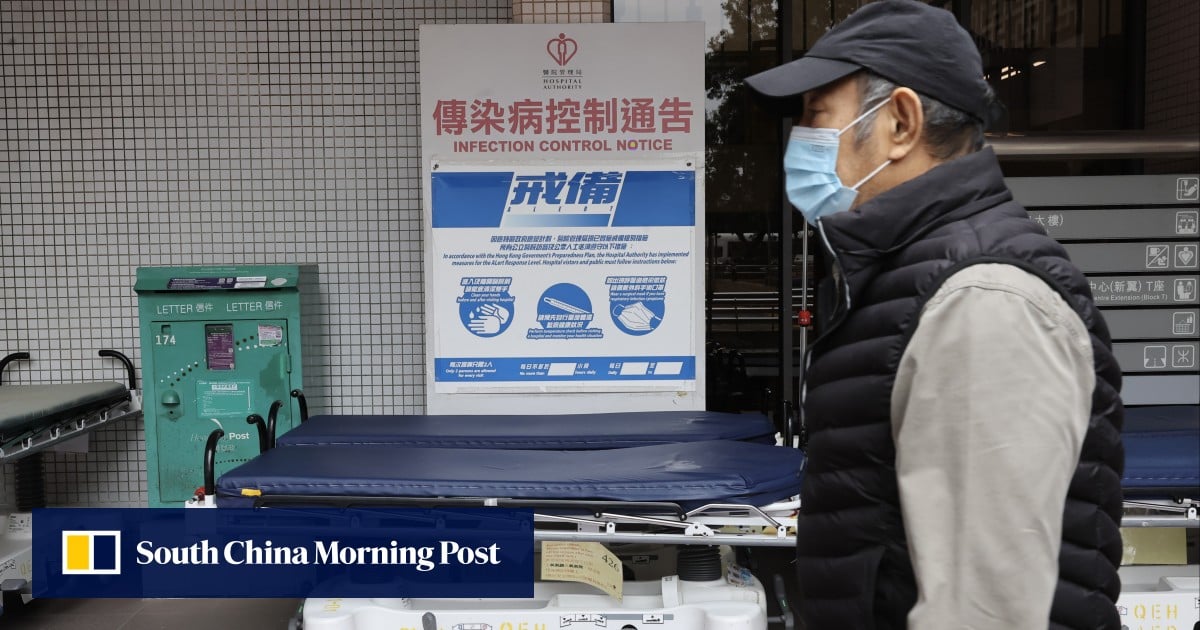Stock markets continue to fuel global economic foreboding following President Donald Trump’s sweeping tariffs on the United States’ trading partners.
All eyes yesterday were on mainland and Hong Kong markets that had been closed for a long weekend since Trump’s announcement.
The Hang Seng Index closed down 3,021 points or 13.22 per cent, the biggest single-day loss since 1997, on trading volume of more than HK$600 billion, which could reflect buying the dip, prompting Financial Secretary Paul Chan Mo-po to offer reassurance on the stability of the system.
Mainland markets also looked like mirroring the panic sell-off that began in New York and elsewhere last week with heavy falls across the board.
That was until state media reported that Central Huijun, a key “national team” state investor, had begun to intervene in stock markets to counter the panic, driving up prices and narrowing domestic A-share losses.
This was after Beijing earlier signalled that it had policy tools to deal with the reciprocal tariff blitz by Washington. However, the sell-off continued in Europe later.
The situation in Hong Kong, which is facing the same US tariffs as the mainland, does not mean it has been dragged all the way into an escalating tariff war. The city remains a free port and open economy that is not party to Beijing’s tit-for-tat retaliatory tariffs on US exports.


